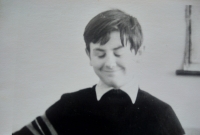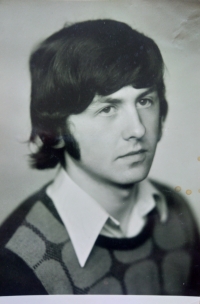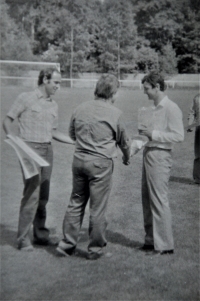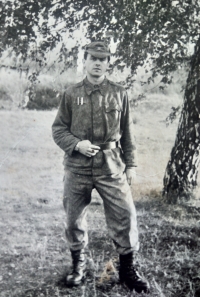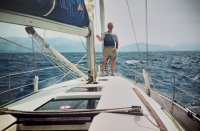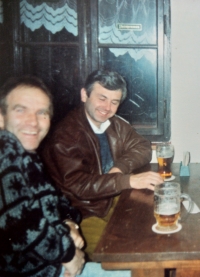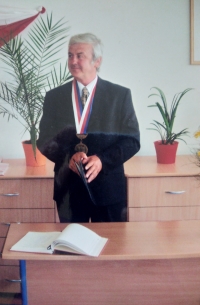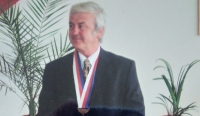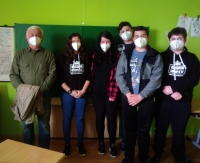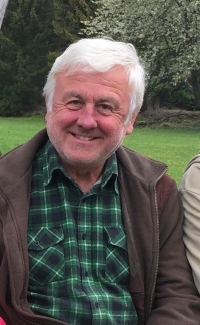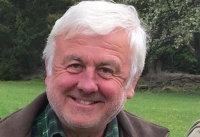I had to learn to raise my voice

Download image
Jiří Skalický was born on January 6, 1958 in Litoměřice, grew up in the village of Velemín. Jiří inherited his love for nature and agriculture from both his parents and grandparents. The father worked with the then police until 1948, after February 1948 he was dismissed from the National Security Corps. He graduated from the agricultural college in Prague and then joined the unified agricultural cooperative (JZD) in Velemín. After 1989, he participated in the creation of the local Civic Forum. In 1990, he was elected to the municipal council on the Civic Forum candidate list and became mayor. He held this position for 24 years.
